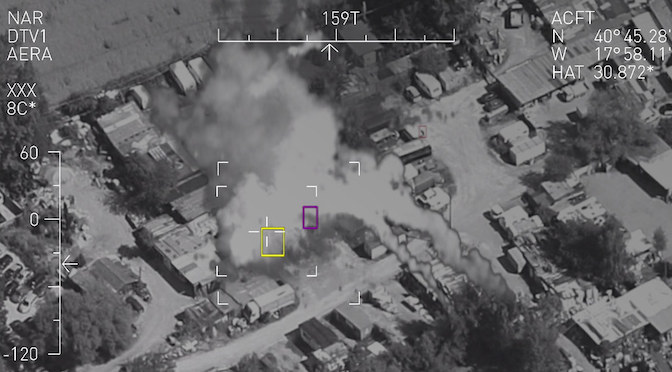In this book review of Paul Lushenko and Shyam Raman’s The Legitimacy of Drone Warfare: Evaluating Public Perceptions, Joseph Chapa examines how the authors purport to do four things: 1) deliver empirically verifiable differences in how citizens of various countries perceive the legitimacy of drone warfare (in this case, the US and France); 2) offer… Continue reading The Legitimacy of Drone Warfare: Evaluating Public Perceptions
Tag: Remote Targeting
Drone Strike—Analyzing Public Perceptions of Legitimacy
Paul Lushenko considers how Mitt Regan’s book Drone Strike: Analyzing the Impacts of Targeted Killing [see also Regan’s article in this volume] informs the national security community’s understanding of the public’s perceptions of legitimate drone strikes. Lushenko explains that Regan, in evaluating the effectiveness of the post-9/11 US drone program, raises an important question about the implications of public… Continue reading Drone Strike—Analyzing Public Perceptions of Legitimacy
Analyzing the Legality and Effectiveness of US Targeted Killing
Laurie Blank discusses a new approach to analyze the legality and effectiveness of US targeted killing. She suggests that targeted killing should be viewed through a lens that combines the effectiveness and legality metrics while also focusing on the essential issue of legitimacy. Blank then explores the effectiveness of targeted killing through a legal lens… Continue reading Analyzing the Legality and Effectiveness of US Targeted Killing



